
Update: April 30, 2021 (7:05 AM ET): We’ve updated this hub with new alleged images of the Huawei P50. Scroll down for more details.
Original article: December 17, 2020 (11:30 AM ET): Huawei’s growth has buckled under the various pressures it experienced in 2020. Nevertheless, the Chinese manufacturer has big designs for 2021. Although the US sanctions against the firm show no signs of abating, the company is poised for the launch of the Huawei P50 series – the latest phone family in the company’s early flagship line.
Like the Huawei P40 line and the P series’ previous iterations, we expect the P50 series to sport excellent camera performance and battery endurance. But what else could we see?
Ahead of the likely launch in 2021, we’ve rounded up the current Huawei P50 rumors, news snippets, and leaks below.
Stay up to date: Huawei P40 Pro review | Huawei P40 Pro Plus review
Name and release date

Unlike the Samsung Galaxy S21, there’s little debate on what Huawei will label this flagship. The company enjoys ticking over its monikers by ten, so we expect the P50 series to succeed the P40 line.
We’ll likely also see a three-tier model approach as has become customary for Huawei. This would include a standard model, a Pro model, and possibly a more premium Pro Plus variant, too.
The official release date is a little more of a mystery. Huawei’s P series has traditionally seen a late-March launch. The Huawei P10 series was the last of the breed to debut in February, while the P9 made its bow in April. It wouldn’t be farfetched to suggest Q1 2021 for the P50 debut.
Korean publication The Elec echoes this, stating in a November 2020 report that the Huawei P50 series will debut in the first quarter of 2021. No specific date was shared by its sources, though. Tipster @Rodent950 also claimed that the phone series will debut in March.
Once March rolled around, the same tipster then claimed we’ll actually be seeing the P50 series’ Chinese launch on April 17. Interestingly enough, they added that the P50 Pro Plus has been delayed, and hinted that only the vanilla P50 and P50 Pro would be launched then.
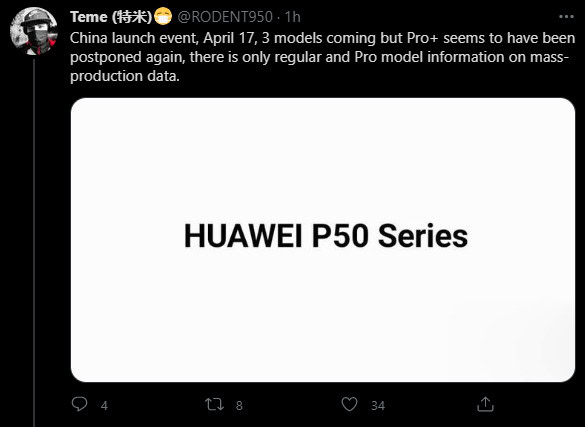
If this launch date is accurate, then we can likely expect a global launch date around the same time-frame. But if it’s anything like the Mate 40 series, we’re only expecting the P50 Pro to be available outside China.
Huawei P50 series: Design
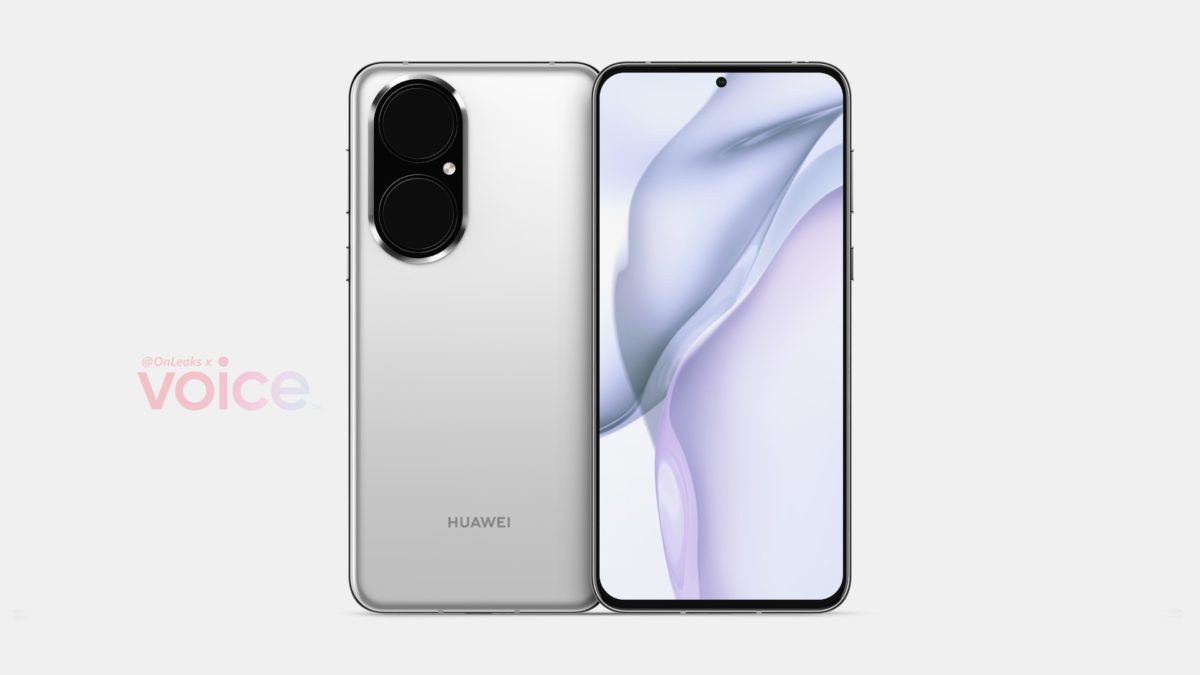
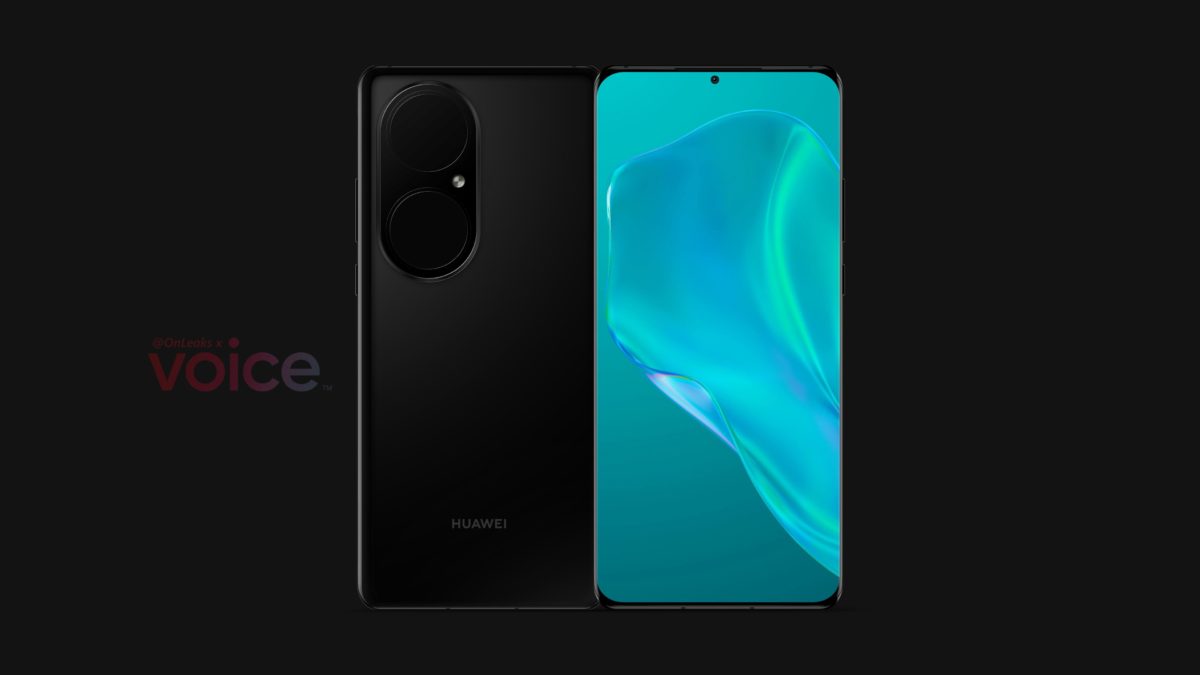
The first alleged and vague image of the P50 Pro spilled in January. While it gave us a good idea of its shape, it didn’t showcase much of the phone’s design features. On March 10, we finally got a good look at the Huawei P50 Pro’s design.
The latest renders, spilled by Steve Hemmerstoffer, point to a centrally-mounted selfie camera cutout with a curved display. At the rear, the phone wears a huge pill-shaped camera bump — much larger than the P40 series. This could be proof of a much larger camera sensor. On closer inspection, an IR blaster makes an appearance too, but there’s no 3.5mm headphone jack.
Renders of the standard P50 leaked a day later again via Hemmerstoffer. These renders showcase the phone in a silver colorway with a flat display and an equally large camera hump. The IR blaster makes an appearance here too, but again, the headphone jack is absent.

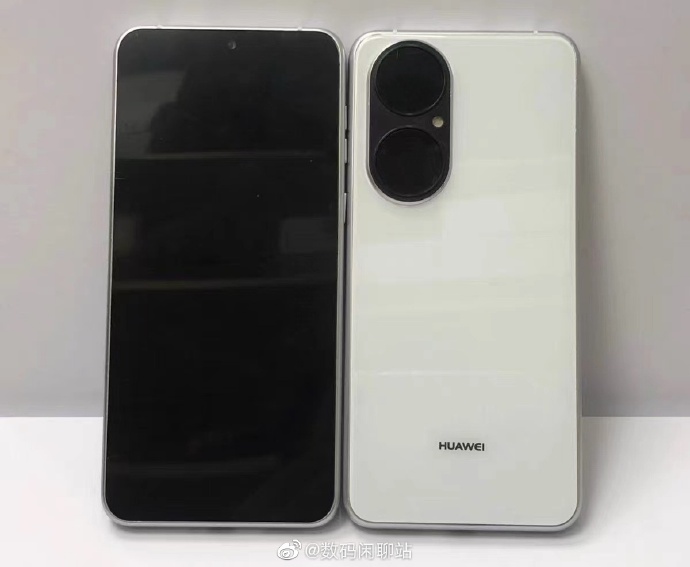
Weibo tipster Digital Chat Station shared alleged front and rear images of the standard Huawei P50 on April 30. Design details in the shots, including the large rear camera array, largely line up with the renders leaked by Hemmerstoffer.
Huawei P50 series: Specs and features

Residual US sanctions may still be a spanner in the works for Huawei, but we still expect the P50 series to sport stellar hardware. The company was permitted in October 2020 to purchase some key components. Those include camera sensors from the likes of Sony and Omnivision and screens from Samsung Display. Reports suggest Huawei is now allowed to resume some chip purchases, too.
Huawei’s latest P series model usually shares key internals with the previous Mate series. Expect the P50 line to borrow some of the Huawei Mate 40 line’s hardware. While some reports suggested that the 5G-capable Kirin 9000 would be the last high-end Kirin to feature in a Huawei flagship, this may not be true. The Huawei P50 series may also sport the SoC. If the Kirin 9000 is at the heart of the P50 line, the 5nm chipset will be a big step up for NPU and CPU performance over the Kirin 990-powered P40.
It’s worth noting that Huawei hasn’t been able to produce any more Kirin 9000 chipsets after the US tightened restrictions against partners like TSMC. So if Huawei is sticking with its in-house flagship processors, it won’t have many on offer. This could therefore result in precious few devices compared to the P40 and Mate 30 series.
As for storage and RAM, the base Huawei P40 arrived with 128GB of UFS 3.1 with 8GB of RAM. We don’t expect Huawei to decrease available RAM on the P50 series, but the storage amount remains unknown at present.
Frequent Huawei leaker Rodent950 claimed on Twitter that Sony is working on a one-inch smartphone sensor dubbed the IMX800. The leaker said it’ll be revealed in April, which suggests that we could see a P50 series phone with this huge sensor then.
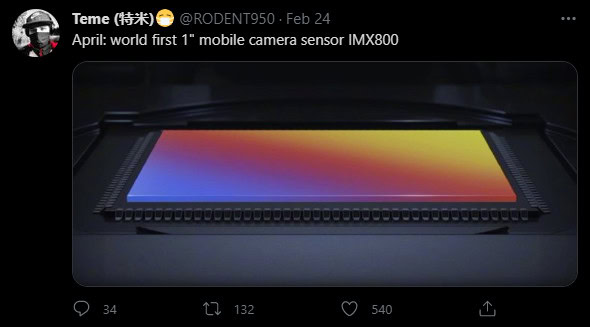
For what it’s worth, the last couple of Huawei flagships have taken the same route when it comes to the actual camera arrangement. All three phones usually get a main and ultra-wide camera, while the base model gets a telephoto lens only, the Pro variant gets a 5x periscope camera only, and the Pro Plus option gets both telephoto and periscope cameras. We’d therefore expect a similar setup on the new phones.
Staying with camera technology, a rumor late last year suggested that Huawei and Leica had ended their partnership. However, the Chinese manufacturer told Android Authority that this was “absolutely fake news.” So it sounds like Leica-branded cameras are still on the menu this year.
Will it run Android?
Huawei confirmed in September 2020 that Harmony OS will be available on smartphones come 2021. While the company currently employs Android-based EMUI 11 on its devices, that could be coming to an end with the P50 series.
According to a report by China’s Sina Tech, the Huawei P50 series will be “officially equipped” with Harmony OS. Huawei recently unveiled Harmony OS 2.0 beta, and with it a list of compatible devices. While the P50 wasn’t mentioned, the P40 was included. So yes, it’s possible Huawei’s next flagship phone could be the first to launch with its homegrown operating system.
Whether it launches with EMUI 11 or Harmony OS, there’s little chance the P50 line will sport Google Mobile Services or Google apps due to the ongoing sanctions.
The company also rubber-stamped the possibility of EMUI 11 phones upgrading to Harmony OS in the future. It’s possible the Huawei P50 series would be among the devices to support this if it doesn’t debut with the OS.
Huawei P50 series: Pricing and availability

Huawei tends to serve its home market first and foremost, especially in recent years. Those in Europe or other regions may see a delayed launch. Even then, the phone series itself may be hard to come by.
Although Huawei launched the P40 series in late March, the phone was only available in China and Western markets on June 6 and June 25, respectively. We could see something similar with the P50 series, although it’s a little too early to tell how Huawei will manage the rollout.
As for pricing, we can make a few hopeful predictions based on the P series’ track record. Huawei stuck with the same price across the P40 and P30 lines. The base P30 and P40 both retailed for €799 (~$971), while the base P30 Pro and P40 Pro models started at €999 (~$1,214). The P40 Pro also got double the storage of its predecessor, too.
Considering Huawei’s struggles to maintain its global market share, we expect to see the firm retain this pricing structure once again. It may even choose to drop these prices a touch, making the P50 series a more attractive offering compared to its competition.
That’s all we know about the Huawei P50 series so far. Be sure to bookmark this article and check back regularly so you’re always up to speed with the latest news.
No comments:
Post a Comment